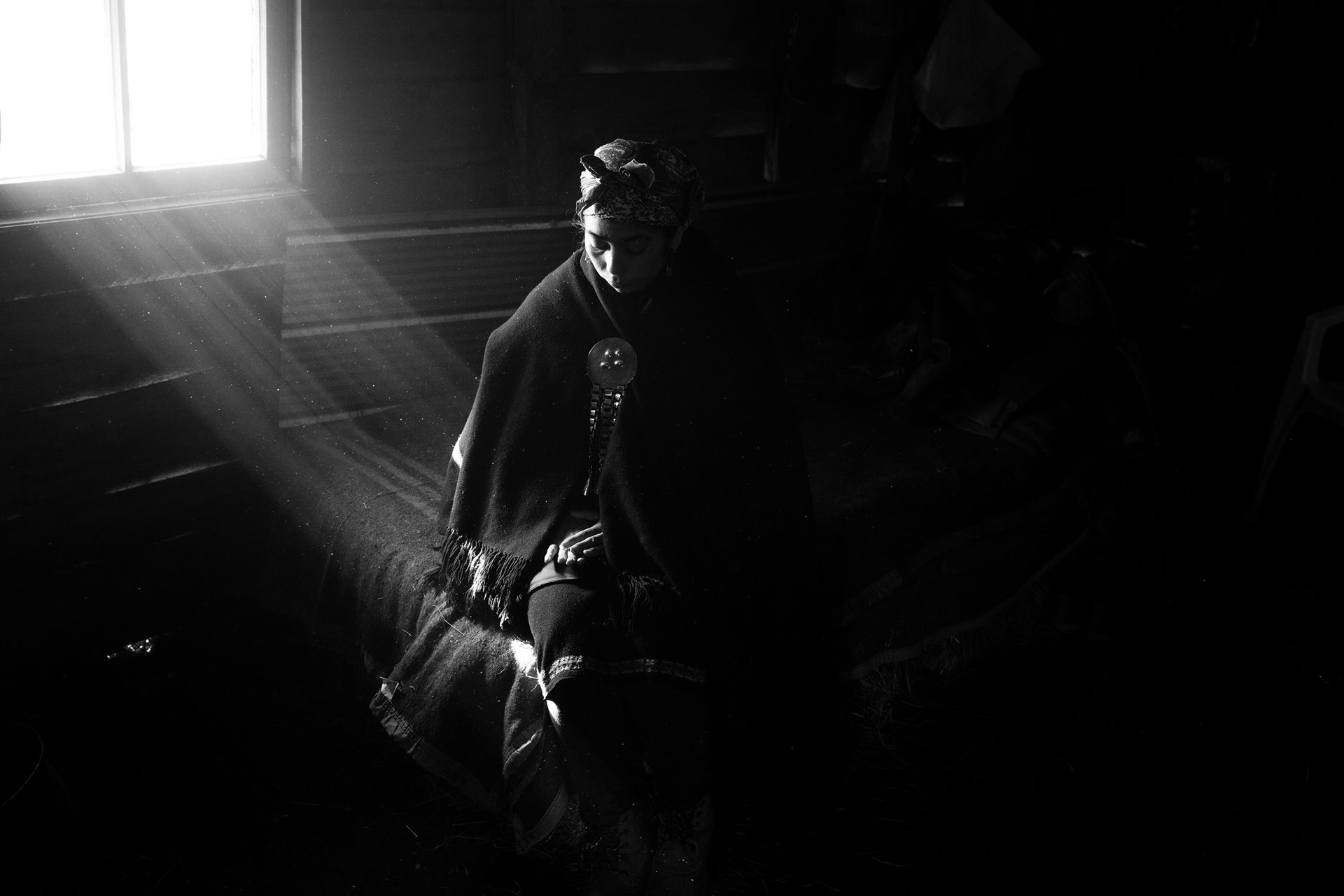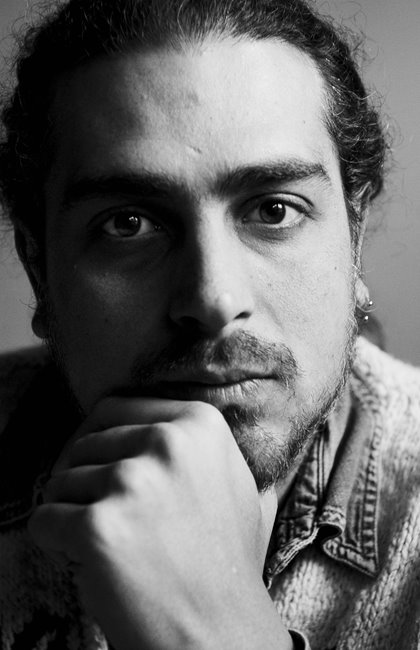Millaray Huichalaf, a machi (ancestral authority, spiritual guide, and medicine woman) for some 150 Mapuche Williche communities, in Los Ríos, Chile, leads resistance against Statkraft, a Norwegian state-owned company that is building a hydroelectric dam on the Pilmaiquén River.
Mapuche communities are the Indigenous inhabitants of territories that are now part of southern Argentina and Chile. The different communities, who survived the 16th-century Spanish colonization and the violent expansion of Chile and Argentina 300 years later, now face a new challenge. Much of their ancestral land is being commercially exploited – for mining, forestry, and hydroelectric projects in Chile, and fracking and mining in Argentina.
In some cases, long-standing territorial claims have led to violence. In 2021, Chile's then president, Sebastián Piñera, declared a state of emergency and ordered the army to assist the police in enforcing the measure. Evidence has shown that these militarized special forces were accused of violating human rights, fabricating evidence and killing unarmed Mapuche, while some Mapuche groups were also accused of sabotage against forestry companies. Piñera's successor, President Gabriel Boric, promised a less militarized approach and to speed up the return of disputed land. However, discrimination and punishment of Mapuche activists continues. In Argentina, Mapuche communities have marched and blocked roads, defending communal land ownership and demanding a territorial study to establish land rights.
For many Mapuche, this is not just a territorial dispute: the land is part of their cultural and spiritual identity. Commercial degradation of the environment upsets the balance between nature, ancestors and human health. An expanding forestry industry is replacing the rich biodiversity of plants that are part of the Mapuche cultural heritage with pine and eucalyptus monocultures; the enormous wealth generated by forestry companies does not always benefit the local population. Dams for hydroelectric projects also alter ecosystems, flood traditional lands, threaten cultural traditions and displace communities. Fracking displaces communities, disrupts water supplies (water is sacred to the Mapuche) and has caused earthquakes. Local communities report negative impacts on their health and well-being. This project offers a deeper insight into how the worldview of Mapuche communities is an integral part of their struggle to preserve both their ancestral territories and their balance with nature.
Are you a photographer and/or passionate about press freedom? Sign up for our newsletter to stay updated on our annual contest and to hear about exhibitions near you.

